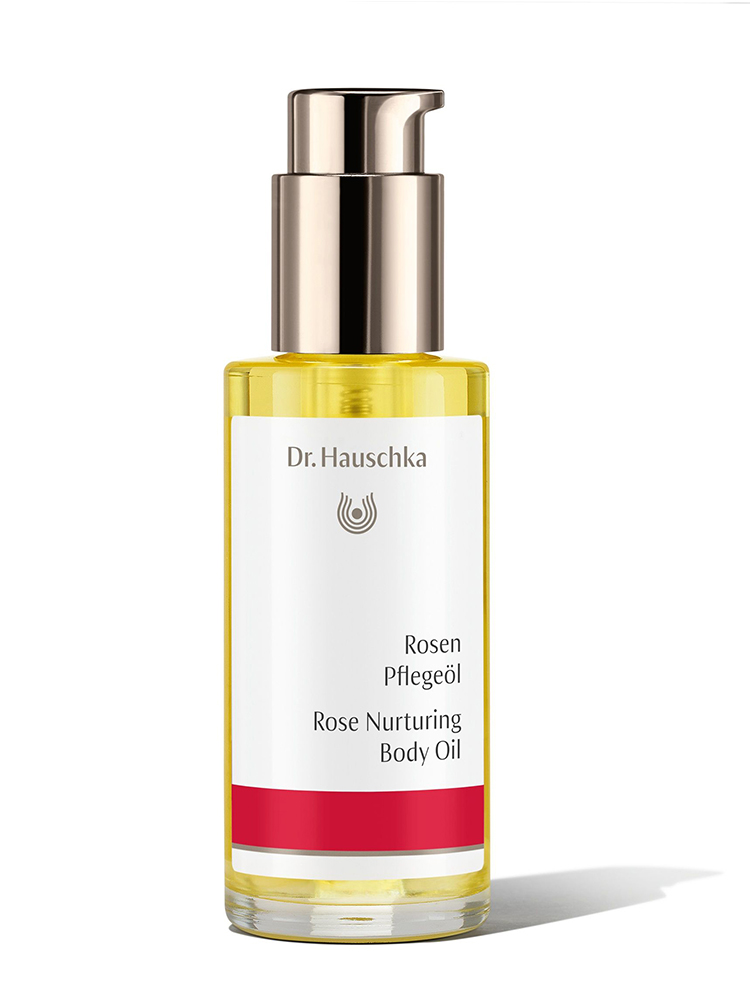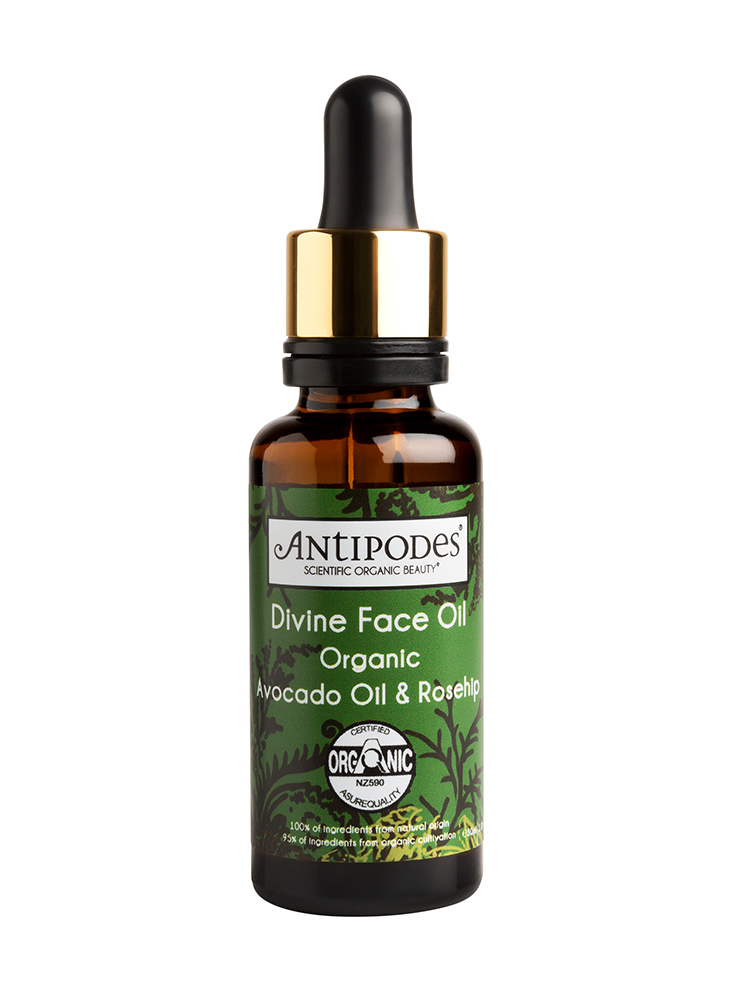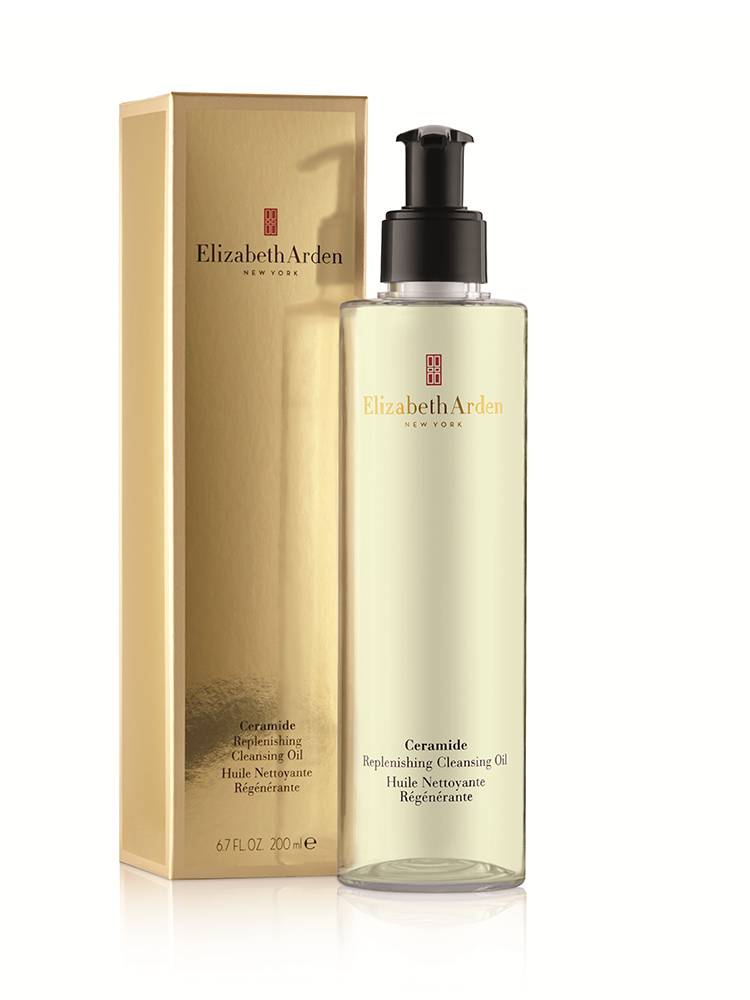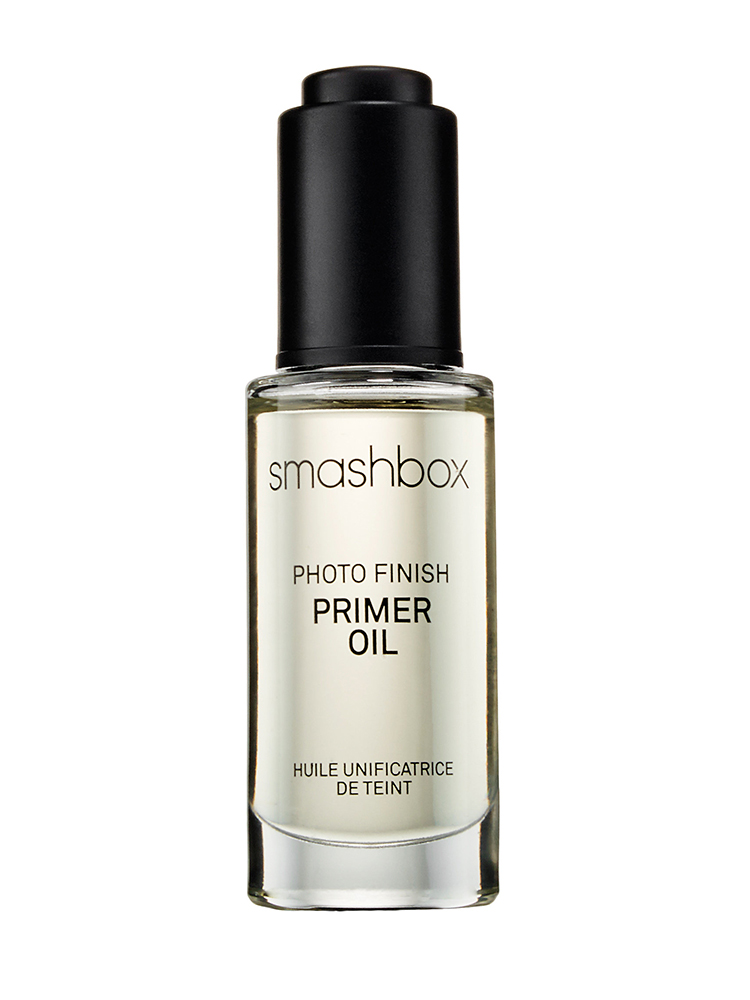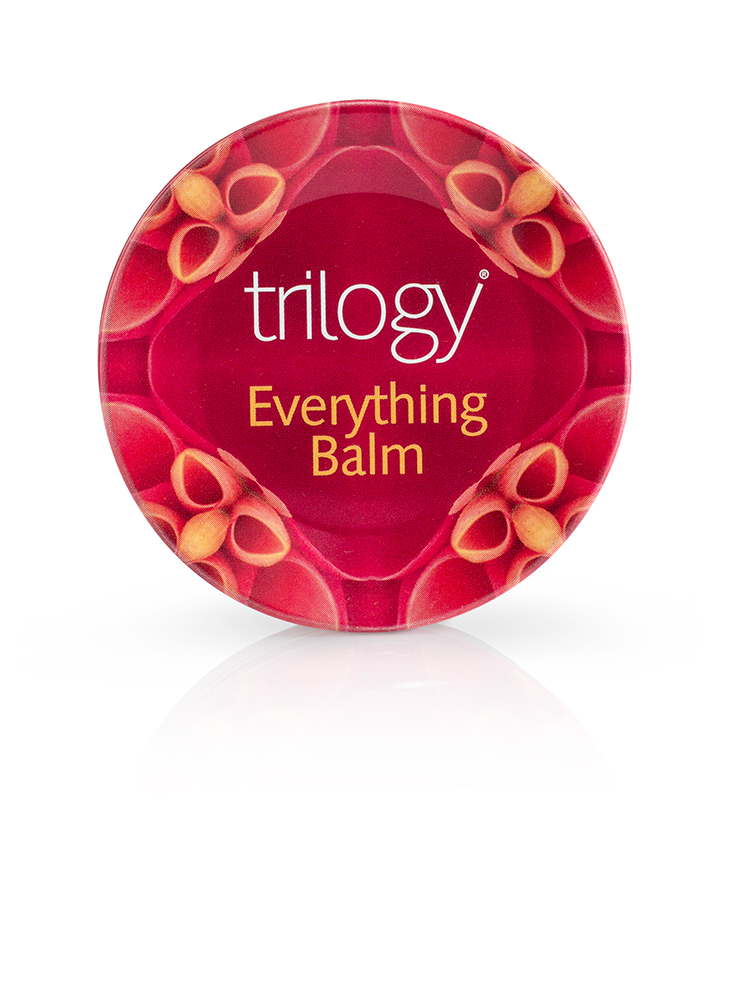Why do we have it? What are the causes, and how can we treat it?
Flaky, scaly, itchy…need we go on? In cold-weather skin is basically the worst, and kicks into high gear for the frigid months ahead. Here Clinique’s guiding dermatologist Dr. David Orentreich, answers our questions on how we can treat our dry, dehydrated skin effectively. We’ve also chosen our favourite dry skin remedies – see our picks in the gallery above.
What is the difference between dry and dehydrated skin?
“‘Dry’ means lacking moisture, not wet, implying the surface may never have been wet. ‘Dehydrated’ means that it was moist at one time but the water has been removed and it is now dry. Both words refer to the absence of water, however in common usage ‘dry’ may be used by some to mean lack of oil, and ‘dehydrated’ to describe lack of water.
There are two considerations when discussing ‘dry skin;’ the epidermal/keratin layer hydration and the basic water content or plumpness. You must also distinguish a smooth continuous epidermis from a discontinuous disrupted epidermis, which can feel dry (rough) even with adequate moisture content.”
Can you have oily skin and still be dehydrated? If so, how?
“Yes. This is what we refer to as the ‘oil-well in the desert’ syndrome. Though sebum (the oil produced from oil glands) may be plentiful, the surrounding skin may be dry. Sebum plays a role in retaining moisture in the surface skin cells; but by itself it may not be adequate without a humectant (which helps keep water from evaporating).
A person with extremely dry hands might soak one hand in a beaker of oil, and soak the other in a beaker of water. The hand in oil will remain ‘dry,’ but the skin in water will rehydrate. However, if the hydrated hand is removed from the water, it will dry out completely unless an emollient is used. This is where humectants and ingredients that help minimize transepidermal water loss come in. To keep oily skin (or any other skin type) hydrated, one must avoid the environmental conditions that cause moisture loss when possible, and compensate with emollients when drying conditions cannot be avoided.
Oily skin may be prone to breakouts and clogged pores. Therefore, special care must be taken to choose emollients which lock in moisture but do not aggravate acne. Humectants absorb moisture from air, and help keep water in the skin.”
Why does skin become drier as we age?
“The moisture retention element of the skin’s barrier function gradually diminishes with age, i.e. loses its ability to retain water.
Other reasons include:
- Reduced epidermal turnover time as we age causes more wear and tear on the surface layer. Surface cells are older and rougher, causing the surface to look and feel dry.
- Diminished oil production in women over 45 due in part to falling blood levels of the adrenal hormone dehydropeiandrosterone (DHEA). In the skin this hormone is transformed into hormones which regulate sebaceous gland activity.”
Is dehydrated skin related to age?
“Yes. The skin plays a multipurpose role as a ‘barrier.’ One of the skin’s barrier functions is to retain moisture. This ability is impaired as we age. Skin thins. Sebum production decreases. The effects of cumulative sun damage further decrease barrier function. Some people experience dry skin at a young age due to inherited factors.”
What can dehydrate skin?
“Dry air (heated homes, airplanes), wind (increases evaporation of water and leads to wind-chill factor), sun exposure, excessive cleansing without lubrication (exfoliation without emolliation), and high altitude (low relative humidity), alcohol intake, fever, and smoking. Insufficient water intake especially after periods of heavy perspiration (exercise, summer heat) may also be a factor.”



